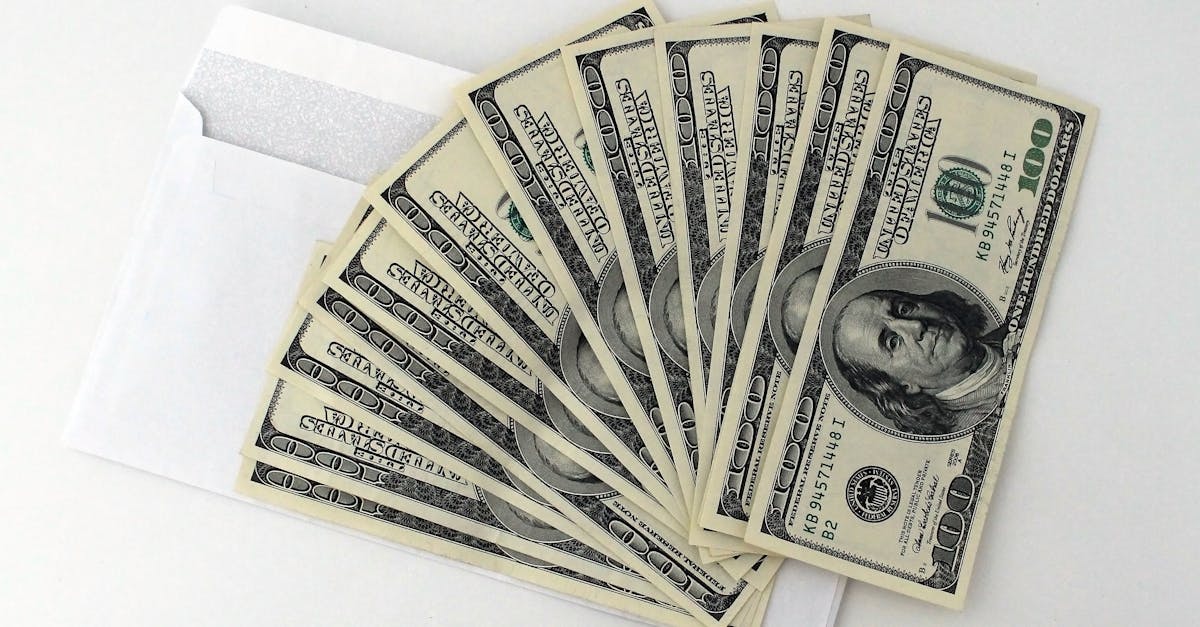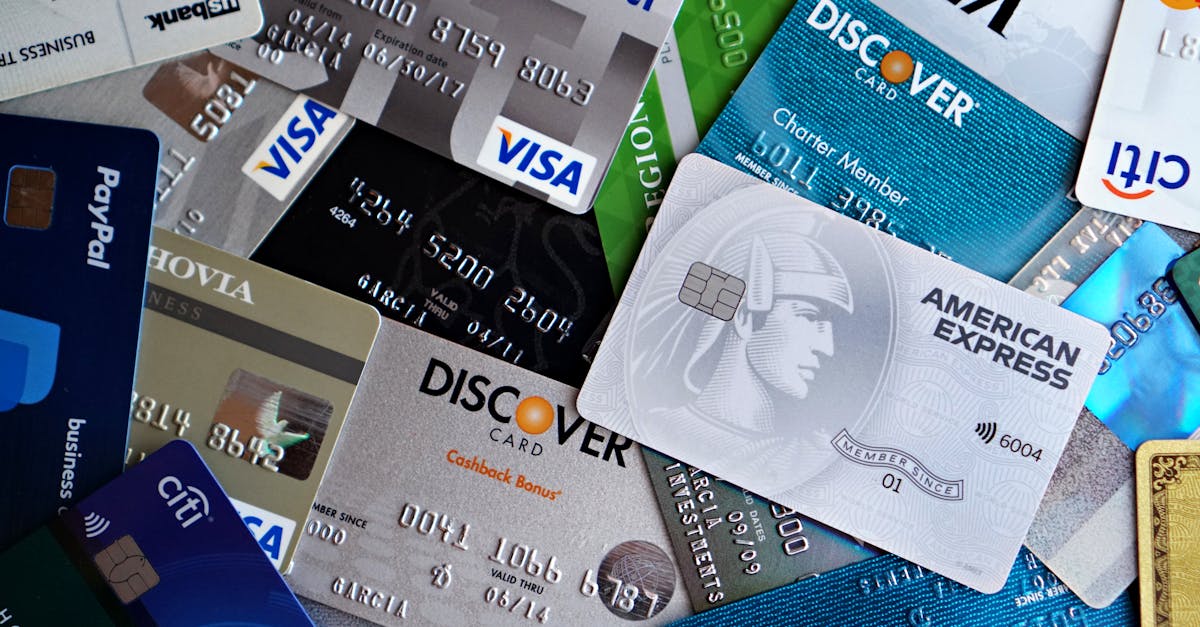Can You Get a Small Business Loan with Bad Credit? Here's Everything You Need to Know

Estimated Reading Time
8 minutes
Key Takeaways
- Bad credit does not mean you are abandoned by creditors financing your dreams. Investigating SBA microloans and other alternative lending opportunities may provide you with some funding leads.
- How prepared you are (and that you can document) can really affect your approval rate for a loan.
- Anticipate higher interest rates and more stringent terms than someone with better credit will receive.
Table of Contents
- Understanding Bad Credit in the Context of Business Loans
- Navigating Loan Types Available to Bad Credit Borrowers
- Considerations and Strategies for Prospective Borrowers
- Conclusion: Navigating the Path to Financial Success
- FAQ
Understanding Bad Credit in the Context of Business Loans
Before we go any further, let’s break down what bad credit actually means in terms of a business loan. For context, traditional financial institutions typically classify anything that falls below 670 on the personal FICO scoring model as "bad credit." Keep in mind that many lenders will look at both your personal and business credit scores. This is particularly common if your company is a startup or does not have a well-developed credit record.
Navigating Loan Types Available to Bad Credit Borrowers
For those with bad credit, there are many loan types to consider. So here are some major varieties that could open doors to meeting your financial goals.
SBA Microloans: A Small Ray of Hope
The U.S. Small Business Administration (SBA) posts a slight lifeline through microloans, making available as much as $50,000 at an average of about $13,000. This program aims to help small businesses in low-income or underserved areas. One thing that is interesting about the SBA microloan program is that no minimum credit score is required, meaning it can be the first SBA-backed credit option for individuals struggling with less-than-perfect credit. Though the credit criteria aren't as stringent as other lenders, you may still have to secure the loan with collateral and personally guarantee it. Applicants must apply through an SBA-approved intermediary lender to take out a loan. Additionally, the business must be based within the United States or its territories.
Other Lenders and Loan Options
In addition to SBA micro-loans, there are also alternative and online lenders who accept applications from applicants with credit scores of 500. But there’s a catch: higher interest rates and stricter repayment terms should be anticipated. Although bad credit business loans may come with higher prices, it makes sense to shop around for the best deal that you qualify for. By the way, a little heads-up: Any lender offering business loans no credit check doesn't exist (outside of scams, that is).
Considerations and Strategies for Prospective Borrowers
There is a lot to navigate when it comes to jumping into the game of obtaining a business loan. The key ingredients and potential tactics that can guide the journey of securing the loan.
Qualifying Factors That Count
Credit scores, although important, are not the only factors for many lenders. Just as important are the elements of your company’s cash flow, how long you’ve been in business, collateral and a solid business plan. The SBA sets general guidelines for its loan programs (which, unless otherwise noted, are maximum guidelines and not go, no-go requirements) but only for credit scores (there are specific minimum FICO requirements for each program). Even if your credit is less than stellar, you can increase your chances of securing approval with the help of ample collateral, a personal guarantee or a strong business plan.
Negotiating Potential Drawbacks
Lower credit scores can bring higher interest rates. Moreover, lending choices could have a shorter repayment period or require personal assets as collateral.
Types of Bad Credit Business Loans Summary Table
| Loan Type | Typical Credit Score Required | Loan Amount | Special Considerations |
|---|---|---|---|
| SBA Microloan | Not specified | Up to $50,000 | Potential need for collateral/guarantee |
| Alternative Lender | 500+ | Varies | Anticipate high rates/fees |
| Standard SBA Loans | 620–650+ | Up to 5 million | Difficult with low scores |
Conclusion: Navigating the Path to Financial Success
All in all, the possibility of securing a small business loan with bad credit is not an unrealistic dream. Whether it be through SBA microloans or alternative lenders, there are a wealth of opportunities out there. Yet with opportunity, so too comes the prospect of dealing with higher interest, tighter terms, or smaller loan amounts. With a vision and foreknowledge, you can lay a foundation to enhancing credit scores, providing collateral, and creating a great business plan. Perhaps most importantly, these strategic moves work to increase approval chances and pave the path for better terms on future financial transactions. As you sail across the financial ocean with unwavering determination and resolve, the possibility of achieving your entrepreneurial dream is not just a glimmer of hope it’s a tangible and realistic reality.
Related Reads
- For additional tips on starting a business with bad credit, check out this guide.
- Find out what you can do to increase your credit score before you apply for a loan here.
- Find out more ways to finance your new business in this comprehensive guide.
- Learn more about fast small business lending options here.
FAQ
Can I get a small business loan with a credit score below 500?
While it is more challenging to secure a loan with a credit score below 500, some alternative lending options may be available. These may come with higher interest rates and stricter terms, so it's crucial to shop around and consider improving your credit score first.
What are some strategies to increase my chances of loan approval?
Improving your credit score, preparing a solid business plan, providing collateral, or having a personal guarantee can significantly increase your chances of securing a loan. Additionally, understanding different lender requirements and alternatives can be advantageous.
Are there any fees associated with SBA microloans?
SBA microloans might involve fees charged by the intermediary lender, although they tend to be more reasonable compared to other loan types. Always verify with the lender for any specific charges involved.



